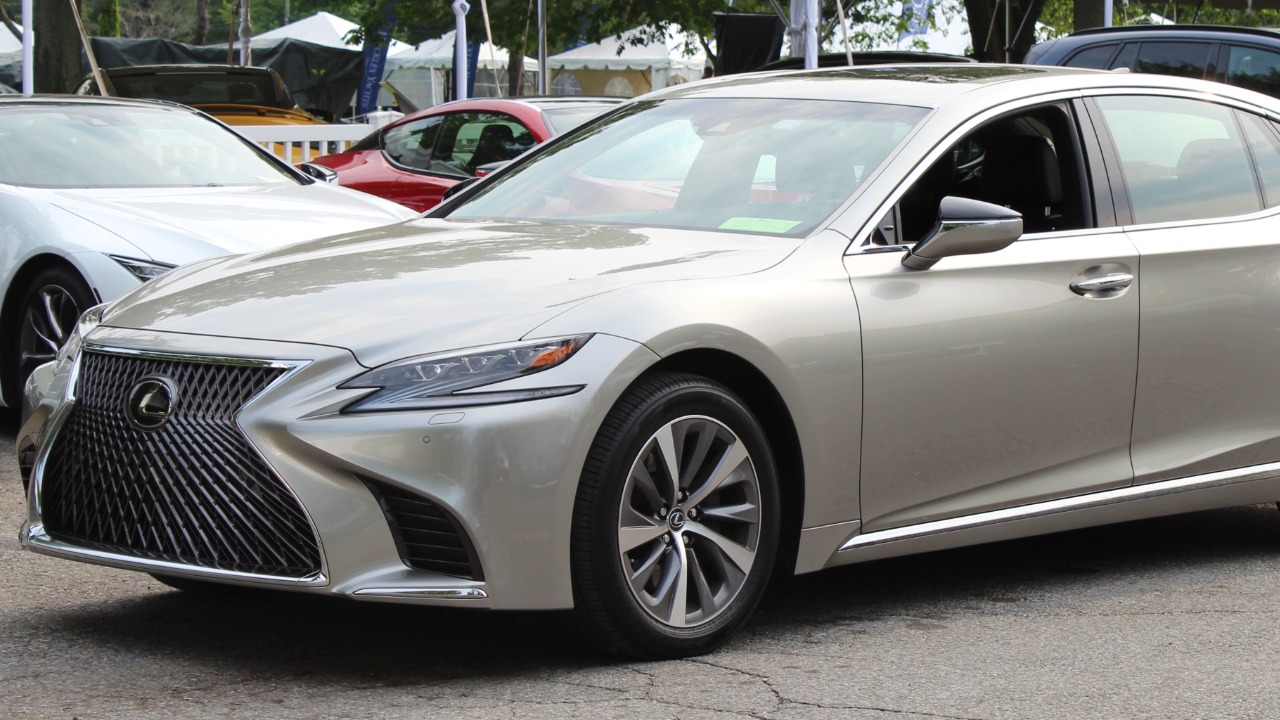
Lexus has unveiled a teaser for a radical evolution of its LS flagship sedan, reimagining it as a six-wheeled minivan concept that blends luxury with unconventional utility. This surprising design shift positions the vehicle as a high-end people-mover, potentially debuting key elements of Lexus’s future mobility vision. The teaser highlights the model’s extended wheelbase and multi-axle configuration, marking a departure from traditional sedan norms.
The Teaser’s Reveal
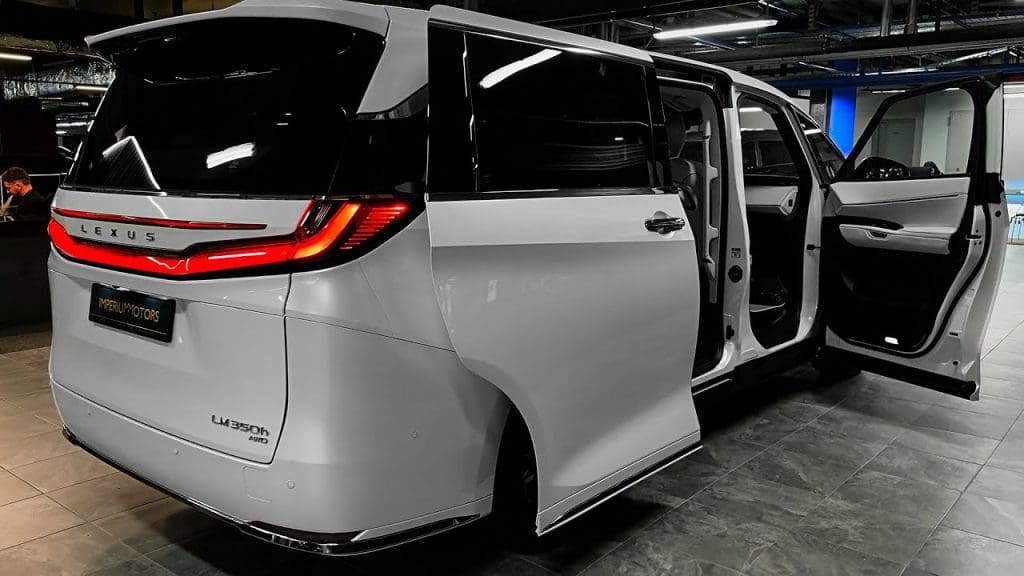
The initial unveiling of the Lexus LS minivan concept through the company’s official channels has sparked significant interest. The teaser image, shrouded in shadows, emphasizes the vehicle’s six-wheel setup and elongated body, designed to enhance passenger space. This bold silhouette hints at a new direction for Lexus, blending the luxury cues of the LS sedan with the practicality of a minivan. The iconic spindle grille remains a focal point, ensuring the vehicle retains its premium identity while adopting a more family-oriented form factor. This strategic move aligns with Lexus’s broader ambition to innovate beyond traditional sedans, suggesting a potential shift in their design philosophy [source].
The teaser positions this concept as an evolution of the LS, maintaining its luxurious essence while introducing minivan proportions. This approach not only caters to families seeking versatility but also aligns with Lexus’s strategy to explore new market segments. Although the teaser hints at production viability, Lexus has yet to confirm any timelines, leaving enthusiasts and industry experts speculating about the future of this ambitious project [source].
Design and Engineering Highlights
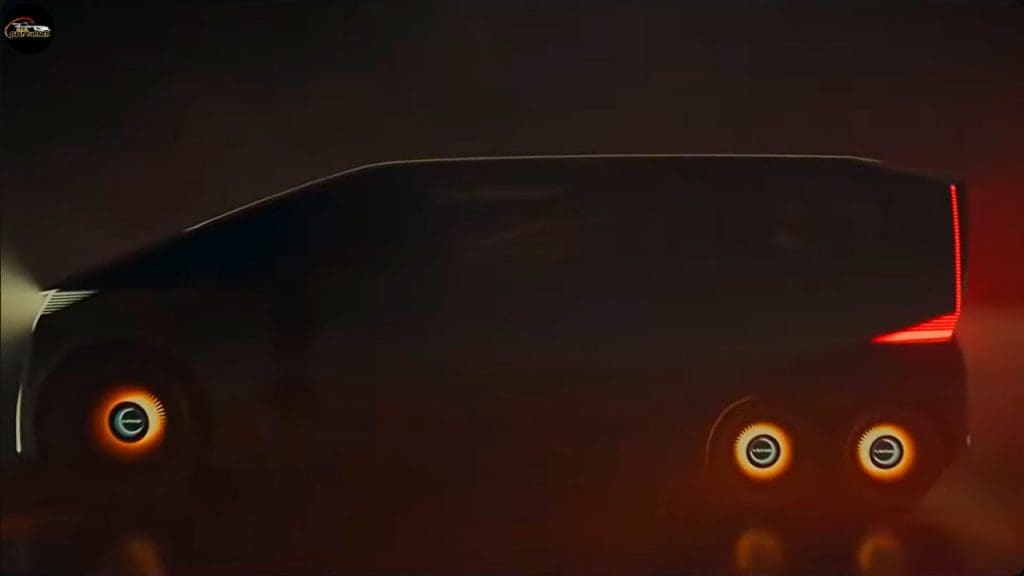
The six-wheel configuration of the Lexus LS minivan concept is a standout feature, incorporating dual rear axles to support its extended length and enhance stability. This design choice not only accommodates more passengers but also elevates the vehicle’s luxury transport capabilities. The integration of LS-inspired elements is evident in the teaser, which hints at a premium interior with spacious seating for up to seven passengers. High-end materials and finishes are expected to reflect the brand’s commitment to luxury, ensuring that the minivan remains true to its flagship roots [source].
Engineering considerations for the LS minivan concept likely include advanced powertrain options, potentially drawing from the LS lineup’s hybrid or electric technologies. These adaptations would be necessary to power the heavier, multi-axle chassis, ensuring performance and efficiency are not compromised. Such innovations could position the minivan as a leader in luxury transport, offering a unique blend of style, space, and sustainability [source].
Market Implications
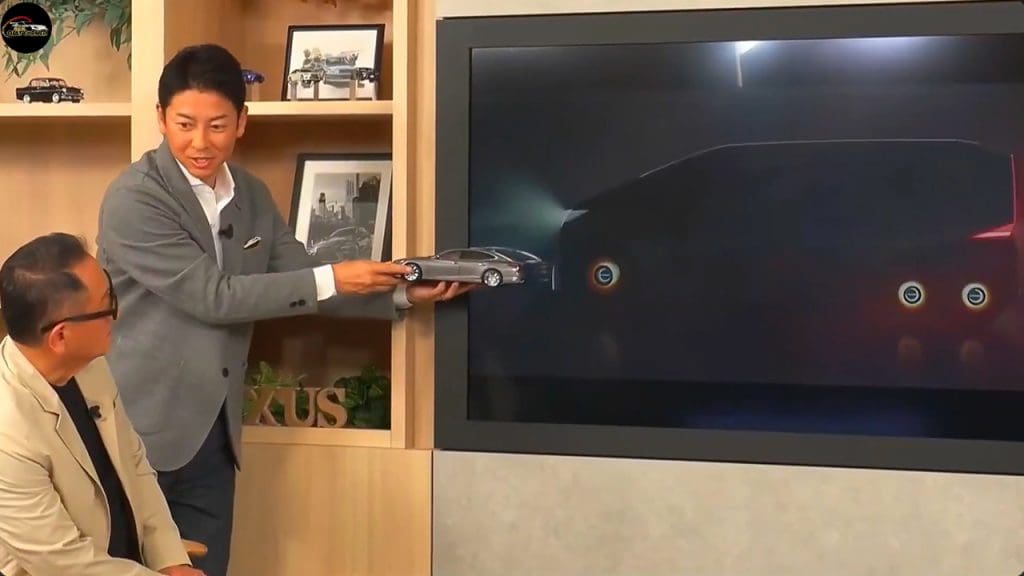
The LS minivan concept targets affluent families who desire luxury in larger formats, setting it apart from competitors like the Mercedes-Benz V-Class. By offering a unique combination of luxury and practicality, Lexus aims to capture a niche market segment that values both comfort and versatility. This approach could redefine expectations for luxury vehicles, challenging traditional notions of what a high-end family vehicle should be [source].
Globally, the six-wheel design may appeal to regions that favor extended-wheelbase vehicles, such as Japan or China. These markets often prioritize spacious interiors and advanced features, making the LS minivan concept a potentially attractive option. Industry observers have noted the teaser’s role in sparking discussions about Lexus’s shift toward versatile, multi-purpose luxury vehicles, highlighting the brand’s willingness to explore new frontiers in automotive design [source].
Future Prospects
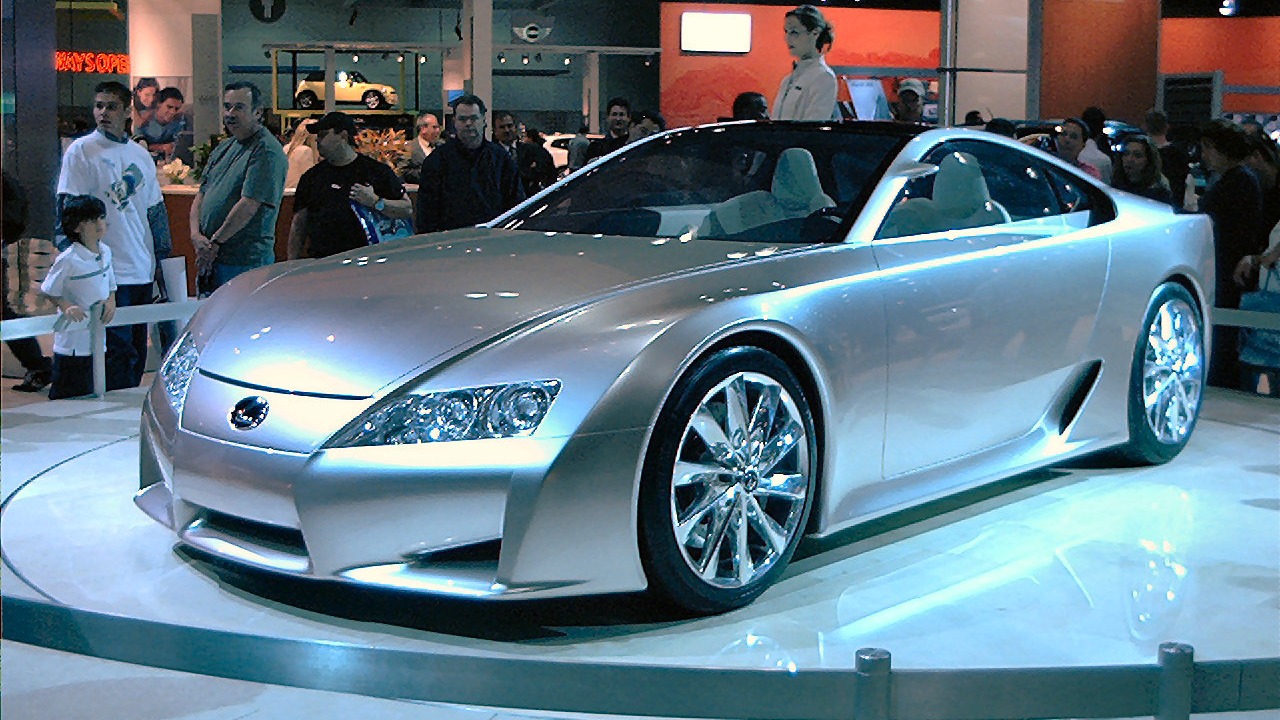
Speculation about the LS minivan’s production details includes potential debuts at upcoming auto shows, where it could serve as a concept precursor to a real-world model. Such events would provide Lexus with a platform to gauge public interest and refine the vehicle’s design based on feedback. The concept’s modular interiors, drawing from LS sedan technology like advanced driver aids and infotainment systems, could offer customization options that appeal to a wide range of consumers [source].
Lexus’s history of bold concepts, such as the LF series, positions this six-wheeled minivan as a continuation of its innovative design legacy. By pushing the boundaries of conventional vehicle design, Lexus demonstrates its commitment to exploring new possibilities in luxury transportation. This approach not only reinforces the brand’s reputation for innovation but also sets the stage for future developments that could redefine the luxury vehicle market [source].